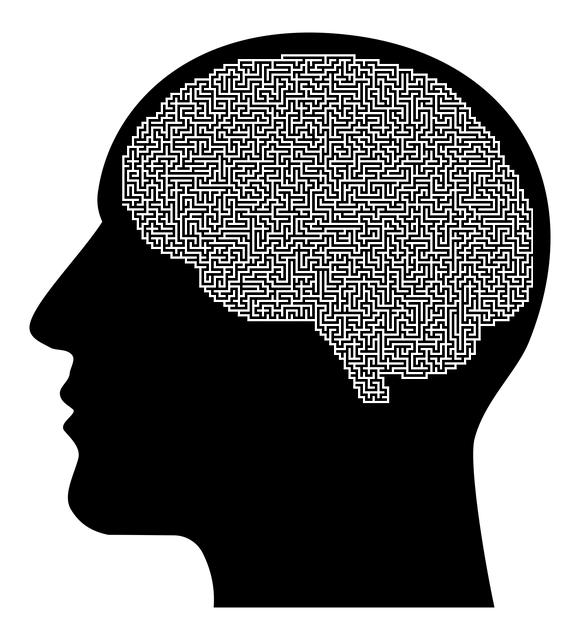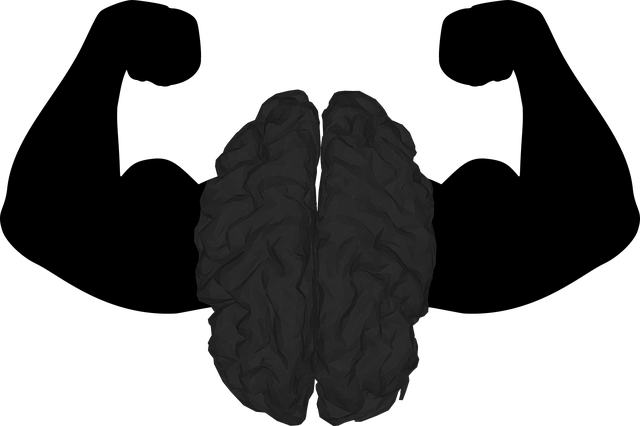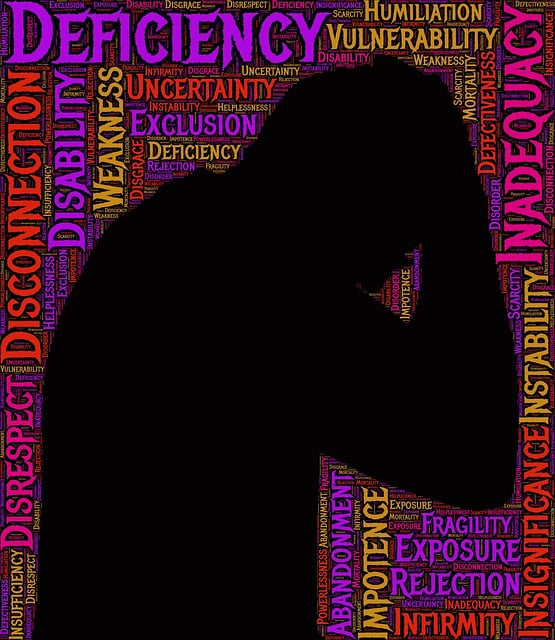Mental wellness programs in Colorado Springs, led by biofeedback therapy, empower individuals with self-management tools and resilience. Evaluating these programs through pre-post assessments, qualitative feedback, and physiological markers reveals significant improvements in mental health. Advanced evaluation techniques, combining data with client journals and therapist guidance, ensure personalized support. Future initiatives will leverage AI and innovative therapies, prioritizing healthcare provider well-being and adaptability to meet diverse mental wellness needs. Colorado Springs Biofeedback Therapy serves as a personalized strategy, contributing to broader regional mental wellness efforts.
“Uncovering Effective Mental Wellness Programs: A Comprehensive Evaluation Guide is essential reading for healthcare professionals and enthusiasts of Colorado Springs Biofeedback Therapy. This article delves into the intricate process of evaluating mental wellness initiatives, offering a balanced perspective on success measurement. From understanding foundational elements to exploring innovative trends, we navigate the landscape of assessment methods. Discover how individual and group therapy outcomes are analyzed, and gain insights into the future of mental wellness care in Colorado Springs through continuous improvement practices.”
- Understanding Mental Wellness Programs: A Comprehensive Overview
- The Role of Biofeedback Therapy in Colorado Springs
- Evaluation Methods for Measuring Program Effectiveness
- Assessing Individual and Group Therapy Success
- Future Trends and Continuous Improvement in Mental Wellness Programs
Understanding Mental Wellness Programs: A Comprehensive Overview

Mental wellness programs are designed to support individuals in managing and improving their mental health, fostering resilience, and promoting overall well-being. These programs cater to diverse needs, from stress management and anxiety reduction to burnout prevention strategies for healthcare providers. In Colorado Springs, Biofeedback Therapy is a notable example of such initiatives, utilizing advanced techniques to teach clients how to regulate physiological responses, offering a holistic approach to mental wellness.
A comprehensive evaluation of these programs is essential for understanding their effectiveness. By assessing outcomes, participant feedback, and the integration of evidence-based practices, such as conflict resolution techniques and resilience building, organizations can ensure their mental wellness initiatives align with current research. This iterative process allows for continuous improvement, tailoring programs to better serve individuals seeking support in navigating life’s challenges.
The Role of Biofeedback Therapy in Colorado Springs

Biofeedback therapy is a powerful tool that has gained significant attention in Colorado Springs for its ability to enhance mental wellness. This non-invasive technique empowers individuals to gain control over their physiological responses, leading to improved self-esteem and overall well-being. By using sensors to monitor various bodily functions, biofeedback provides real-time feedback to help clients learn and regulate their body’s reactions to stress and emotions.
In the context of Colorado Springs Biofeedback Therapy, this approach is integral to the development and evaluation of mental wellness coaching programs. It facilitates the teaching of self-care practices, enabling individuals to proactively manage their mental health. Through regular sessions, clients can learn to relax, reduce anxiety, and improve focus, ultimately enhancing their quality of life. The effectiveness of biofeedback therapy lies in its ability to offer personalized strategies for self-improvement, making it a valuable component in the broader landscape of mental wellness initiatives within Colorado Springs.
Evaluation Methods for Measuring Program Effectiveness

Evaluating the effectiveness of mental wellness programs is paramount to understanding their impact and making informed improvements. One key method for assessing program success is through pre-post assessments, where participants’ mental health metrics are measured before and after the intervention. These evaluations can uncover significant changes in symptoms, mood, and overall well-being. For instance, a study focusing on Colorado Springs Biofeedback Therapy might compare initial stress levels with post-therapy readings to gauge the program’s success in reducing anxiety.
Additionally, qualitative feedback from participants through surveys or interviews provides valuable insights into their personal experiences and perceived benefits. This approach allows for a deeper understanding of the emotional healing processes at play. Public awareness campaigns and educational initiatives aimed at depression prevention can also be evaluated using these methods, ensuring that interventions are tailored to meet the unique needs of individuals seeking mental wellness support.
Assessing Individual and Group Therapy Success

Evaluating the success of individual and group therapy sessions is a multifaceted process that goes beyond simple self-reporting. At Colorado Springs Biofeedback Therapy, we employ advanced methods to measure progress, including quantitative assessments and qualitative feedback. For instance, tracking physiological markers such as heart rate variability can provide valuable insights into an individual’s stress response and their ability to manage it effectively over time. This data offers tangible evidence of improved mental wellness, particularly when combined with self-reported outcomes.
Furthermore, our programs often include elements like Inner Strength Development and Empathy Building Strategies, which are assessed through structured exercises and client testimonials. For example, Mental Wellness Journaling Exercises guided by our therapists allow participants to reflect on their emotional states and progress, fostering a deeper understanding of their mental health journey. This self-awareness is crucial for personal growth and maintaining long-term wellness. By integrating diverse evaluation techniques, Colorado Springs Biofeedback Therapy ensures that clients receive comprehensive support tailored to their unique needs.
Future Trends and Continuous Improvement in Mental Wellness Programs

As technology continues to advance, future trends in mental wellness programs will undoubtedly be shaped by innovative tools and approaches. Colorado Springs biofeedback therapy, for instance, has shown promising results in helping individuals manage stress and anxiety through real-time feedback of physiological data. Such methods can be further enhanced with artificial intelligence (AI) and machine learning algorithms that can predict and personalize treatment plans based on individual progress and preferences.
Continuous improvement in mental wellness programs also involves integrating evidence-based practices, such as mindfulness and cognitive behavioral therapy, alongside emerging techniques like virtual reality exposure therapy. By adopting burnout prevention strategies for healthcare providers and implementing robust risk management planning for mental health professionals, these programs can ensure long-term sustainability and effectiveness. This holistic approach, combined with regular evaluation and adaptation, will be key to addressing the evolving needs of individuals seeking mental wellness support.
Mental wellness programs, such as those offering Colorado Springs biofeedback therapy, have evolved significantly. By employing robust evaluation methods that assess both individual and group therapy success, these programs can measure their effectiveness and continuously improve. As we move forward, integrating innovative trends will be key to enhancing mental health support, ensuring individuals receive the best possible care tailored to their unique needs.














